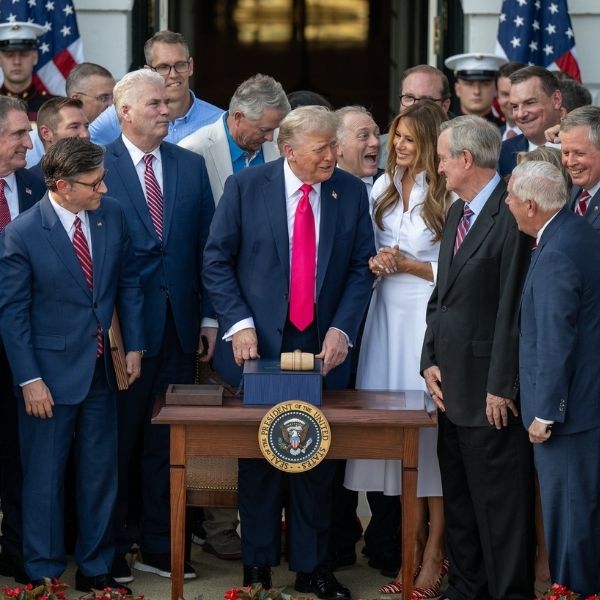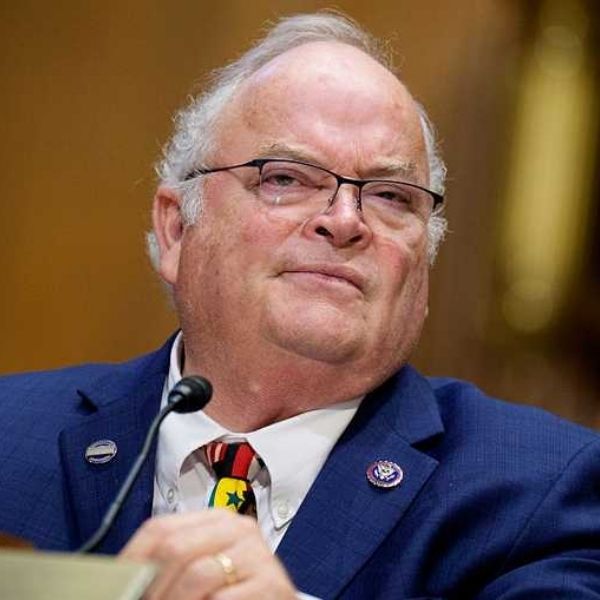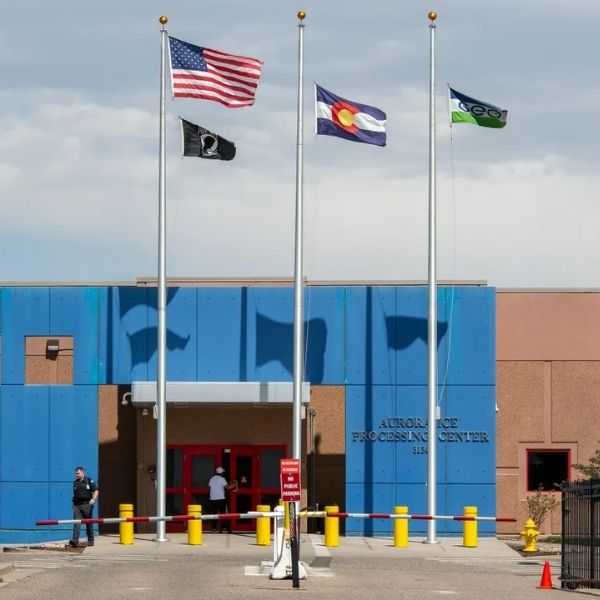Starting in 2027, taxpayers may be able to claim a new federal tax credit for private school tuition—but only if their state opts in. The credit, part of a sweeping bill signed by former President Donald Trump, marks the first federal subsidy of its kind.
The program allows individuals to donate up to $1,700 to a nonprofit scholarship organization and receive a dollar-for-dollar reduction in their federal income tax bill. Supporters call it a win for school choice. Critics see it as a tax break for the wealthy that could divert funding from public schools.
“The average private school in the U.S. costs more than $12,000 a year,” said Zahava Stadler of the education equity initiative at New America. “It’s unlikely this tax credit will help anyone who isn’t already affluent access private education.”
The tax credit stacks on top of existing state-level programs, which could mean significant benefits for middle- and lower-income families—if states choose to participate.
Arizona, a key player in the school choice movement, hasn’t yet said whether it will opt in. Gov. Katie Hobbs, a Democrat who has long opposed the state’s existing voucher programs, has remained silent despite repeated inquiries.
Arizona already has a robust system in place, including a $3,062 state tax credit for private schooling and the Empowerment Scholarship Accounts (ESA), which give public funds directly to families for use on private education. More than 84,000 students are currently enrolled in ESA, at a cost of $880 million to the state.
Gov. Hobbs has labeled the ESA program “unsustainable” and proposed income limits to curb its growth, but Republicans in the Legislature blocked those changes.
Meanwhile, critics of the federal program raise concerns about government overreach and the potential for private schools to lose independence.
“If schools become reliant on these scholarships and states increase regulation, it could compromise their freedom,” warned Colleen Hroncich of the libertarian Cato Institute.
Some also argue that the federal government shouldn’t be involved in education at all, noting that education isn’t mentioned in the Constitution.
Despite the controversy, the federal tax credit was included in a narrowly passed bill—nicknamed the “One Big Beautiful Bill”—with an opt-in clause added to appease lawmakers from states like California and New York, where vouchers remain unpopular.
For now, Arizona families eager to benefit from the new credit will have to wait and see if their governor decides to participate.
This article has been carefully fact-checked by our editorial team to ensure accuracy and eliminate any misleading information. We are committed to maintaining the highest standards of integrity in our content.
















Leave a Reply